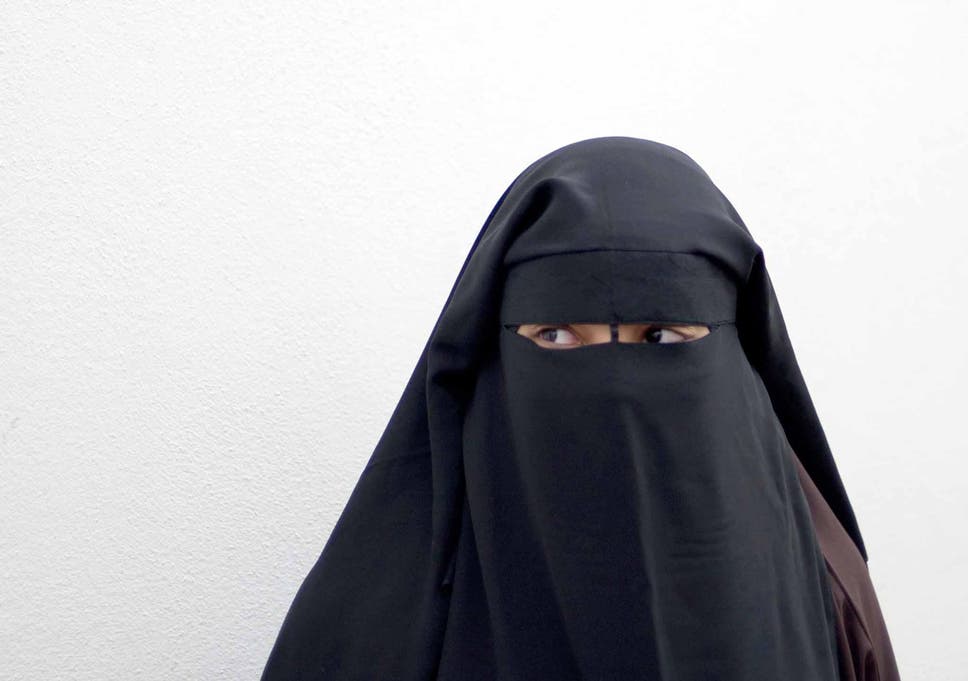
Norway’s parliament has voted overwhelmingly in favour of a ban on wearing the burqa or niqab in nurseries, schools and universities.
Members of the Storting voted 91 to eight to adopt amendments to several laws that, together, “imply that there is a prohibition on the use of clothing that fully or partially covers the face” in an educational setting.
The bill was proposed in March and passed its first reading on Tuesday, according to the parliament’s website, and will become an act if it passes a second debate. That debate will take place on Monday, a Storting spokeswoman told The Independent.
Following that, it must receive royal assent from King Harald V before it officially becomes law.
During the debate politicians said they believed it was important that students and teachers be allowed to see each others’ faces and communicate openly.
The Labour Party’s Jan Bøhler said: “It is crucial for a good learning environment that one can see each other’s face throughout the open school landscape.”
Mathilde Tybring-Gjedde. of the Conservative Party, added: “Tolerance for differences is essential, but at the same time, we must ensure that all people have equal participation and equal opportunities.
“Kindergartens should be good learning places and meeting places. It is crucial for the children that they can have open and good communication with safe adults.”
The niqab covers a woman’s whole face apart from her eyes while the burqa adds a transparent veil over the eyes. The ban would not affect the hijab, Reuters reported when the bill was proposed.
Åshild Bruun-Gundersen, of the conservative Progress Party which is part of Norway’s ruling coalition, called the burqa and niqab “suppressive garments that prevent integration” that prevent women “from living a free life”.
Her party, which favours tighter rules on immigration, wants a full ban on the coverings in public places, she said.
The Socialist Left Party (SV), however, said it would not support a nationwide ban because evidence suggested that people wearing the coverings in schools was a “minimal problem”.
Educational institutions, in their responses to a consultation, indicated it was “hardly a problem”, SV’s Mona Fagerås said, adding that local disputes have been settled through dialogue.
Norway’s National Union of Students also believed the proposal was “not in line with the principle of equal right to education”, she said.
Ms Fagerås added: “Work on women’s oppression and increased gender equality need to be strengthened. To introduce a national ban on face-covering garments does not solve the problem of women in Norway today being exposed to negative social control and honour-related violence.”
The move towards instituting a ban comes nearly two years after Norway first set out its intention to restrict their usage.
Last week, neighbouring Denmark became the latest European country to introduce a ban on face coverings including Islamic veils.
The government there claimed its new law, which does not ban headscarves, turbans or the traditional Jewish skullcap, was not aimed at any religion.
Amnesty International criticised the ban, saying “all women should be free to dress as they please and to wear clothing that expresses their identity or beliefs”.
“Whilst some specific restrictions on the wearing of full-face veils for the purposes of public safety may be legitimate, this blanket ban is neither necessary nor proportionate and violates the rights to freedom of expression and religion,” said its Europe director, Gauri van Gulik.
Police must use “common sense” in enforcing the law, Denmark’s justice minister said. It allows people to cover their faces if there is a “recognisable purpose” to doing so, like wearing a motorcycle helmet or in cold weather.
France, Belgium, Bulgaria, the Netherlands and the German region of Bavaria have all implemented restrictions on wearing full face coverings in public.







